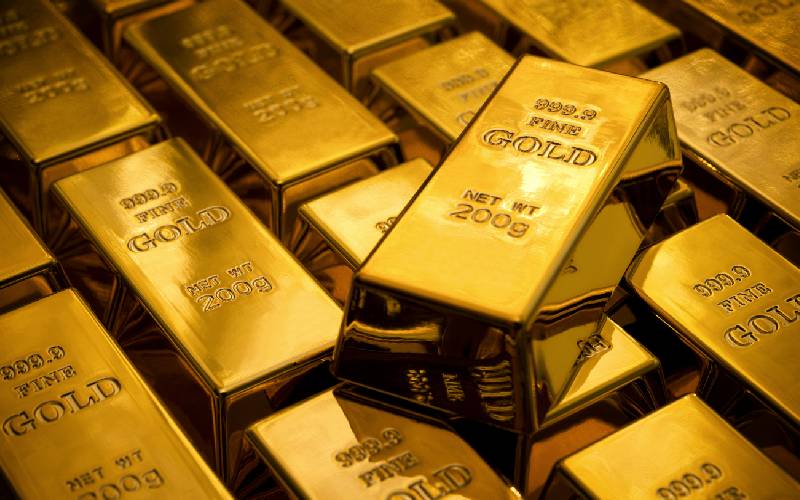×
The Standard e-Paper
Kenya’s Boldest Voice

Over the last couple of weeks, headlines have been dominated by the story of a Dubai royal who’s reportedly lost close to Sh400 million to unscrupulous Kenyan dealers.